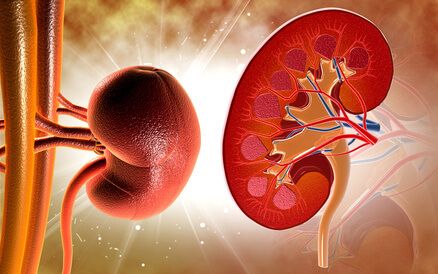Transcatheter aortic valve replacement (TAVR) is an increasingly frequent option for patients with severe aortic stenosis across the entire risk spectrum.

However, TAVR involves bleeding and thrombosis risk and therefore calls for an optimal adjuvant treatment.
Any scheme is complex if we take into account most patients undergoing TAVR are generally elderly and have multiple comorbidities. Some of them include the need of long-term anticoagulation (such as atrial fibrillation) and antiplatelet antiaggregation (e.g. heart disease).
After TAVR, patients with a baseline indication for oral anticoagulation will benefit from aspirin antiaggregation monotherapy. This benefit is mainly driven by bleeding events post procedure.
Potential thrombotic complications have put to the test the claim for oral anticoagulation with no formal baseline indication. Even though this has resulted in reduced thrombi at valve level, bleeding has been unacceptably high, which invalidates the potential net benefit of aspirin plus oral anticoagulation.
Read also: Asymptomatic Carotid Lesions and Cognitive Impairment: Does Intervention Play a Role?
The main points to consider in making a decision on a case-by-case basis are the following:
- TAVR has both bleeding and thrombotic risks that must be balanced carefully
- We are still gathering evidence on antithrombotic management after TAVR
- Patients undergoing TAVR and DO NOT have anticoagulation indication, aspirin is the standard treatment.
- In TAVR patients with oral anticoagulation indication, we need to add an antiaggregant, whatever it might be.
- Many questions remain unanswered and require specific trials.
Original title: Antithrombotic Therapy After Transcatheter Aortic Valve Replacement.
Reference: Davide Capodanno et al. J Am Coll Cardiol Intv. 2021 Aug, 14 (15) 1688–1703.
Subscribe to our weekly newsletter
Get the latest scientific articles on interventional cardiology





